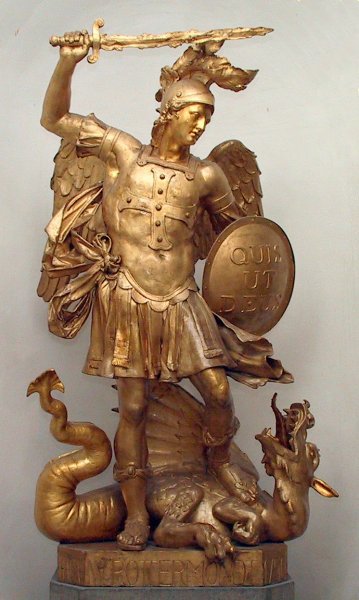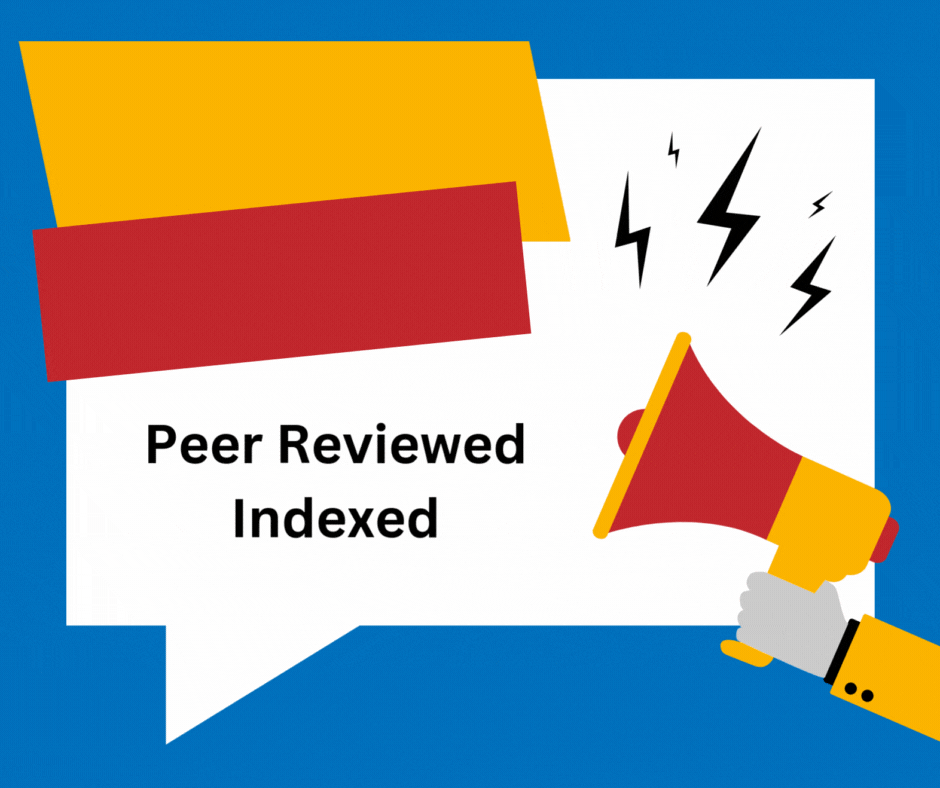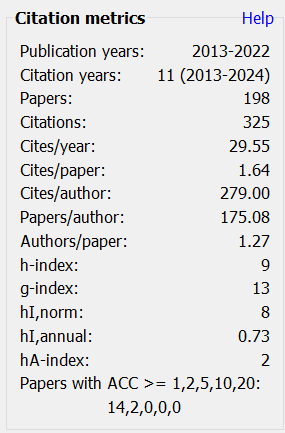Interpreting and Comparing the Representations of Hermes in Ancient Greece and Archangel Michael in Macedonian Folk Beliefs
DOI:
https://doi.org/10.5958/2347-6869.2018.00011.0Keywords:
Hermes, Archangel Michael, Greece, R. of Macedonia, folk beliefsAbstract
This paper provides a comparative interpretation of the Ancient Greek image of Hermes as a mythological figure with the image of Archangel Michael as a highly revered Orthodox saint in modern Macedonian society. The goal of this research is to show the similarities and the differences between these two characters and how these images are understood today in modern society. By comparing the representations of these two characters, popularly accepted as soul reapers and psychopomps and regularly portrayed holding a stick, and then through the comparison of the days that mark their celebration, the aim of this paper is to show that rudiments of Macedonian folk beliefs and customs associated with this saint, although modified, are still strongly present in the Macedonian tradition.
DOI: 10.5958/2347-6869.2018.00011.0
Downloads
Metrics
References
Cepenkov, M. K. (1972). “Macedonian national folklore in ten books”. Book 9, Folk Beliefs, Kids Games. Edited by Dr. Penushliski, Cyril, and Spirovska Leposava. Skopje: Macedonian Book, 1972.
Chausidis, N. (2017). Macedonian bronzes and religion and mythology of the Iron Age in the Middle Balkans. Skopje: CIP - Prehistoric Research Center.
Chevalier, J. and Gheerbrant, A. (2005). Glossary of symbols, myths, dreams, habits, gestures, shapes, images, colors, numbers. Skopje: Tabernakul.
Grozdanov, C. (2012). Archangels Michael and Gabriel guarding the entrance to the narthex of Perivlepta (St. Clement) Ohrid. Živa Antika, Monographs No 10. Ad perpetuam memoriam Michaelis D. Petrusevski. Proceedings of the International Conference 100th Anniversary of the Birth of Professor Michaelis D. Petrusevski (1911-1990). Skopje: Society for Classical Studies Živa Antika – Skopje.
Kitevski, M. (2013). Macedonian holidays and holiday traditions. Skopje: Kameleon.
Kovacheva, L. (2009). Funeral rituals and eschatological found in ancient Greek and Macedonian folk tradi.tion. Skopje: Kalamus.
Kovacheva, L. (2012). The symbolism of holidays in Ancient Greek and Macedonian folk tradition. Skopje: Matica.
Kovacheva, L. and Boceva, L. (2014). Dictionary of Macedonian folk festivals, customs and beliefs. Skopje: Center for spiritual and cultural heritage.
Malinov, Z. (2006). The traditional folk calendar of Shopsko-Bregalnitza. Skopje: Marko Cepenkov Folklore Institute.
Mitevski, V. (2005). Platonic learning for the soul. Skopje: Matica Macedonia.
Scriptures of the Old and New Testament. (2006). Macedonian Bible. Revised edition, with the blessing of the Holy Synod of the Macedonian Orthodox Church in Skopje. Skopje: United Bible Societies.
Shapkarev, K. A. (1976). Rituals, customs, costumes. Selected Works. Volume Four. Edited by Sazdov, Tome. Skopje: Misla.
Parke, H. W. (1977). Festivals of the Athenians. Aspects of Greek and Roman Life. Ithaca, New York: Cornel University Press.
Plato. (1973) Phaedo. Edited with introduction, notes and appendices by Archer-Hind, Richard, D. (Reproduction 1849-1910). New York: Arno Press.
Plato. (2002). Politeia. Translated by Koleva, Elena. Skopje: Tri.
Shijakovic, B. (1994). The wings of Hermes. Belgrade: Plato.
Sironi?, M. (1976). Gr?ko-hrvatski ili srpski rje?nik. Drugo izdanje, Zagreb: School Book.
Vrazinovski, T. (2002). Macedonian folk mythology. Skopje: Matica.

Downloads
Published
How to Cite
Issue
Section
License
Copyright (c) 2018 Lidija Kovacheva; Shultz Benjamin

This work is licensed under a Creative Commons Attribution-NonCommercial 4.0 International License.
Revised Copyright/CC license that applies to all the articles published after 05-02-2017
Attribution-NonCommercial 4.0 International (CC BY-NC 4.0)

Copyright/CC license that applies to all the articles published before 05-02-2017
Attribution-Non Commercial-No Derivatives 4.0 International (CC BY-NC-ND 4.0)

Author(s) will retain all the right except commercial and re-publishing rights. In the case of re-publishing, they will have to obtain written permission from the journal. Additional licensing agreements (Creative Commons licenses) grants rights to readers to copy, distribute, display and perform the work as long as you give the original author(s) credit, they can not use the works for commercial purposes and are not allowed to alter, transform, or build upon the work. For any reuse or distribution, readers and users must make clear to others the license terms of this work. Any of these conditions can be waived if you get permission from the copyright holders. Nothing in this license impairs or restricts the authors’ rights. To view a copy of this license, visit http://creativecommons.org/licenses/by-nc-nd/4.0/ or send a letter to Creative Commons, 171 Second Street, Suite 300, San Francisco, California, 94105, USA.
Research Papers published in SOCRATES are licensed under an Attribution-NonCommercial-NoDerivatives 4.0 International (CC BY-NC-ND 4.0)
















